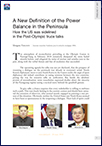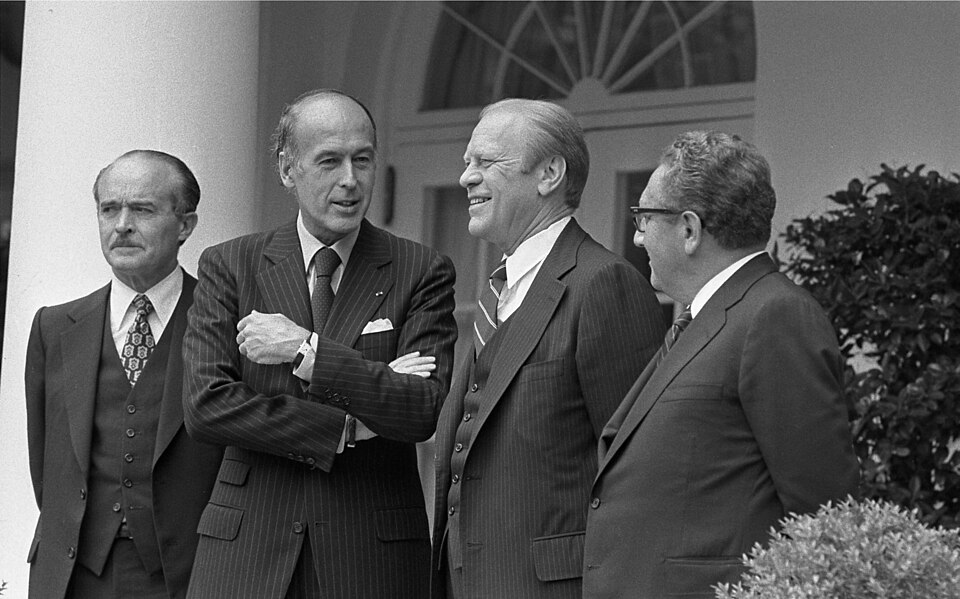Les États-Unis ont imposé des tarifs douaniers sur l'acier et l'aluminium, une mesure qui vise directement, la Chine, l’Union européenne et la Corée du Sud. Une lecture économique voudrait qu'il s'agisse d'une mesure protectionniste cohérente avec les discours de campagne de Donald Trump. Une lecture stratégique, permet d'apporter un autre regard. Cet article revient sur tout le processus de diplomatie préventive qui a conduit à la trêve diplomatique et sur son coût stratégique pour les Américains à une période critique de la crise nucléaire.
The United States has imposed tariffs on steel and aluminum, a measure that directly targets China, the European Union and South Korea. An economic reading would like it to be a protectionist measure consistent with Donald Trump's campaign speeches. A strategic reading allows another perspecrive. This article reviews the whole process of preventive diplomacy that led to the diplomatic truce and its strategic cost to the Americans at a critical period of the nuclear crisis.
The atmosphere of reconciliation prevailing at the Olympic Games in PyeongChang in February 2018 tentatively dissipated the stress fueled months before, and relegated the noise of nuclear and missiles tests to the past, along with the verbal threats and fear of escalation that succeeded.
The upcoming agenda for talks was not yet disclosed, that the prospect of resuming a dialogue on the peninsula was already in everyone’s mind. North Korea’s diplomatic move to join South Korea in the Games under the aegis of sport diplomacy did indeed contribute to easing tensions between the two countries, paving the way for tentative talks on unification. But beside the idealistic picture of normalization, some nonetheless expressed doubts about the sincerity of the Pyongyang regime seeing a tactical move behind the goodwill gesture.
To give talks a chance requires that every stakeholder is willing to embrace such a path. This was clearly lacking in the current context and should have attracted the attention of observers, who seemed mostly engaged in painting a rosy picture of the situation. Obviously, neither the United States nor North Korea seemed to have been so spontaneous in the reopening a dialogue. Their lack of spirit could even raise questions about whose interests these talks would serve if not primarily those of the two stakeholders in the first place.
Il reste 88 % de l'article à lire





_astronaut_Sophie_Adenot_(jsc2025e058846_alt).jpg)



